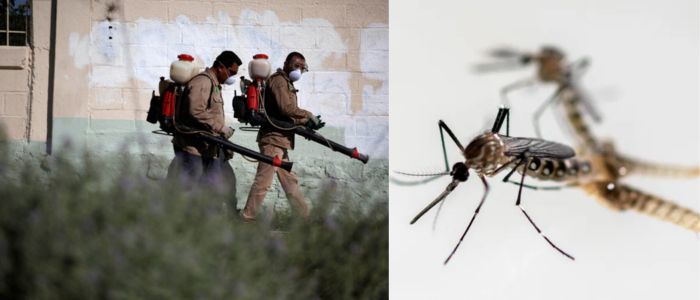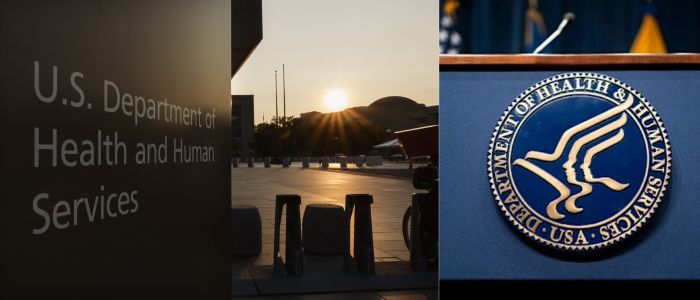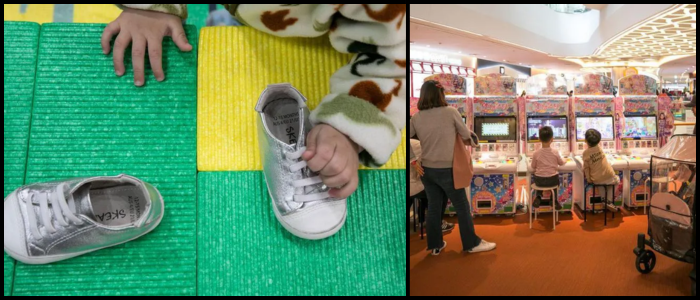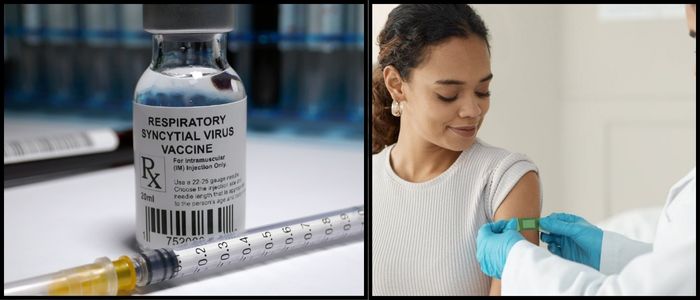The technique involves combining the egg and sperm of the biological parents with a second egg from a female donor. This process has been legal in the UK for the last ten years and has now delivered its first confirmed results.
Mitochondrial disease prevents the body from producing enough energy, leading to disability or even death in babies. This innovative method offers hope to couples who know they are at risk because of family history or previous experiences.
A New Chapter for Families
Children born using this advanced technique inherit most of their DNA from their parents, but around 0.1% comes from the donor woman. This tiny genetic addition helps avoid mitochondrial disease, and the change is passed down through future generations.
Families who went through the treatment at the Newcastle Fertility Centre shared their happiness. One mother said, "After years of uncertainty, this treatment gave us hope – and then it gave us our baby." Another mother expressed relief, saying, "Thanks to this incredible advancement, our little family is complete."
The joy of seeing healthy children has been a life-changing experience for these families, especially after facing the burden of mitochondrial disease.
Mitochondria, present in almost every cell, convert food into energy. Defective mitochondria can cause serious issues like muscle weakness, brain damage, blindness, organ failure, and in some cases, early death.
About one in every 5,000 babies is born with this disease. Experts in Newcastle believe that every year, around 20 to 30 babies are born using this technique. The process was developed over a decade ago at Newcastle University and introduced into NHS services in 2017.
It involves fertilizing eggs from both the mother and the donor with the father's sperm. Later, the parents' healthy DNA is placed into the donor's egg with healthy mitochondria, allowing the child to be genetically related to their parents but free from the disease.
Hope for Future Generations
Reports show that 22 families have used this method, resulting in eight healthy babies and one ongoing pregnancy. The babies are meeting normal developmental milestones, with only minor unrelated health issues.
Some cases had a small percentage of defective mitochondria, but far below the level that causes disease. Experts continue to monitor these cases and improve the technique. This success offers hope to families like the Kitto family, where Kat's youngest daughter, Poppy, aged 14, lives with mitochondrial disease, while her older daughter, Lily, aged 16, worries about passing it on.
The UK was the first country to approve this treatment, allowing it after a parliamentary vote in 2015. Although the method raised concerns about altering human inheritance, it is now seen as a way to stop devastating diseases without creating genetically modified babies.
According to experts, the UK's combination of scientific research, supportive laws, and NHS services made this success possible. Families and doctors celebrate the birth of eight babies who now have the chance for a healthier life, offering new hope to those affected by mitochondrial disease.
Health
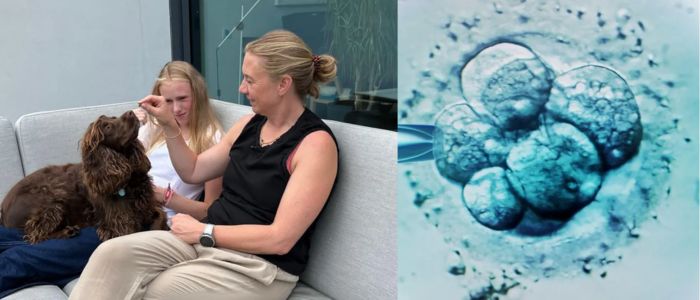
UK Welcomes Eight Babies Born Free of Mitochondrial Disease

In the UK, eight babies have been born healthy through a medical breakthrough using DNA from three people to prevent severe and often deadly genetic conditions. Doctors have confirmed this success, which aims to stop the passing of mitochondrial disease from mother to child.











